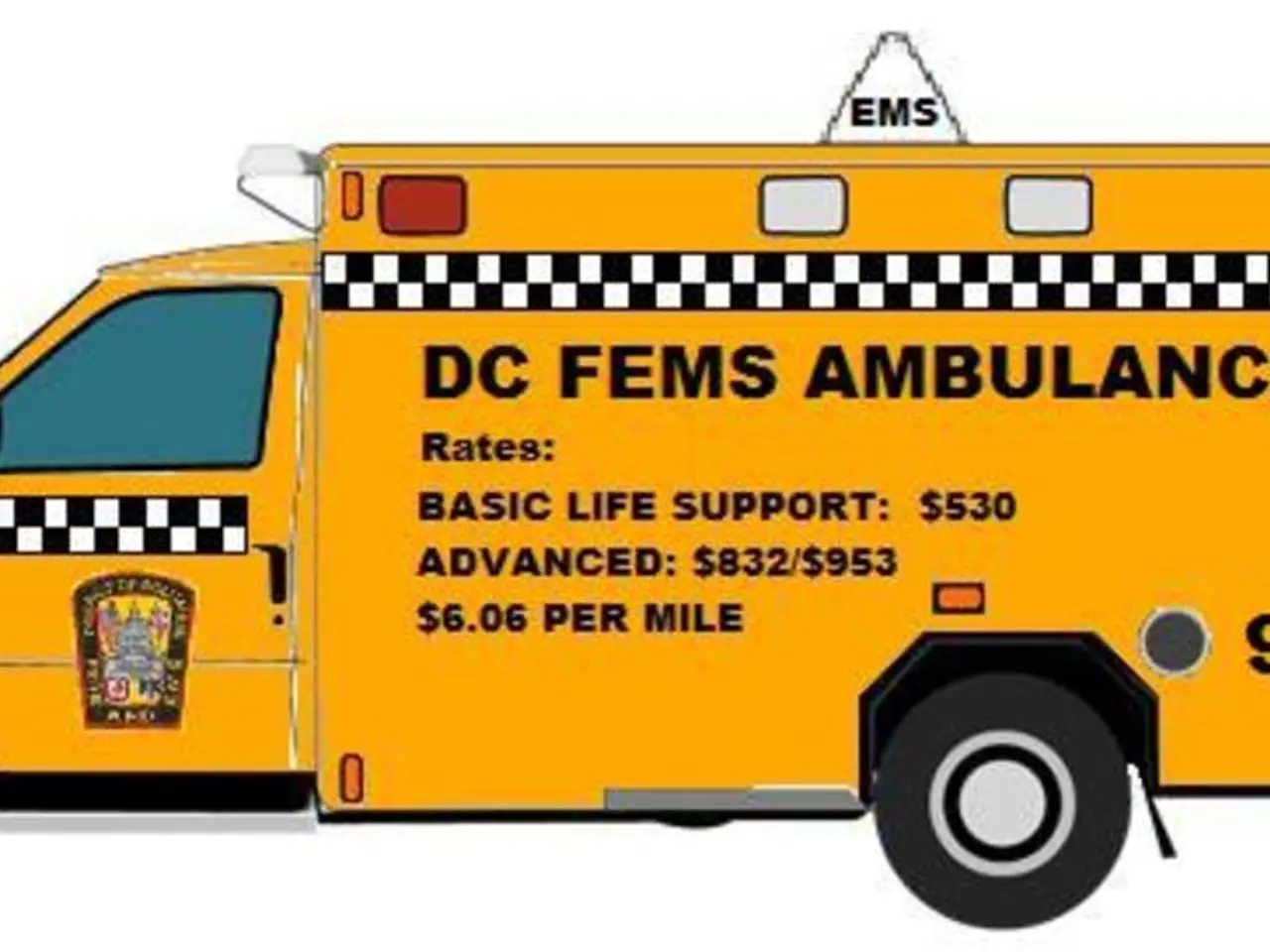Adolescent launches assault on emergency medical responders
In an unprecedented incident, a 17-year-old in Dresden, Germany, attacked two paramedics while under the influence of alcohol. The attack occurred late Saturday night, causing delays in emergency response services and sparking public outrage.
The teenager, who was supposed to be treated at a hospital due to suspected alcohol poisoning, was initially taken to a hospital. However, his behaviour towards the paramedics was uncooperative, leading to the attack. He injured the paramedics with multiple punches to the chest, and the police were unable to calm him down.
Following the attack, the 17-year-old was taken to a police station for further investigation. The paramedics were transporting him to a different hospital following the attack. No further details about the victims or the suspect were provided.
Under German law, the teenager would face legal consequences under both juvenile and general criminal law. Since the individual is a minor, the Jugendstrafrecht (youth criminal law) likely applies. This law focuses on rehabilitation but can include penalties such as fines, community service, educational measures, or juvenile detention depending on the severity and circumstances.
Attacking paramedics is treated seriously because paramedics are protected public service workers. The offense could be charged as assault or resisting or attacking enforcement officials, with aggravated penalties given the victim’s status. Being under the influence of alcohol does not exempt the offender from liability but might be considered in sentencing.
The legal system also emphasizes protection of emergency workers, so aggression against paramedics tends to be met with firm legal responses, even for juveniles. The intoxication may be viewed as an aggravating factor but also might indicate the need for treatment or rehabilitation programs as part of the sentence.
Specific consequences could include juvenile penalties such as youth detention (up to 5 years in severe cases), mandatory participation in counseling or educational programs, restitution or compensation orders, and criminal records for juveniles, which can impact future legal standing.
In light of the incident, the police are reviewing security measures at hospitals in Dresden. No information about the 17-year-old's legal representation has been released. The incident has caused a stir in the city, with the public demanding stricter measures to protect emergency workers.
No direct search results precisely cover Dresden’s juvenile legal consequences for this situation. However, general German law principles and youth criminal law apply as outlined above.
- The incident involving the 17-year-old's attack on paramedics in Dresden, Germany, pertaining to health-and-wellness (emergency services) and crime-and-justice (assault and resisting enforcement officials), has raised concerns about mental-health issues and the need for prevention and rehabilitation.
- The juvenile, following the attack, is subjected to the Jugendstrafrecht (youth criminal law) in Germany, which emphasizes rehabilitation but can incur penalties such as juvenile detention, counseling, or educational measures, subject to the severity of the crime and circumstances.
- The legal system has highlighted the importance of preserving the safety and wellbeing of paramedics in Dresden and beyond, as protection of emergency workers is essential for science (medicine) and general-news (public safety) sectors.




